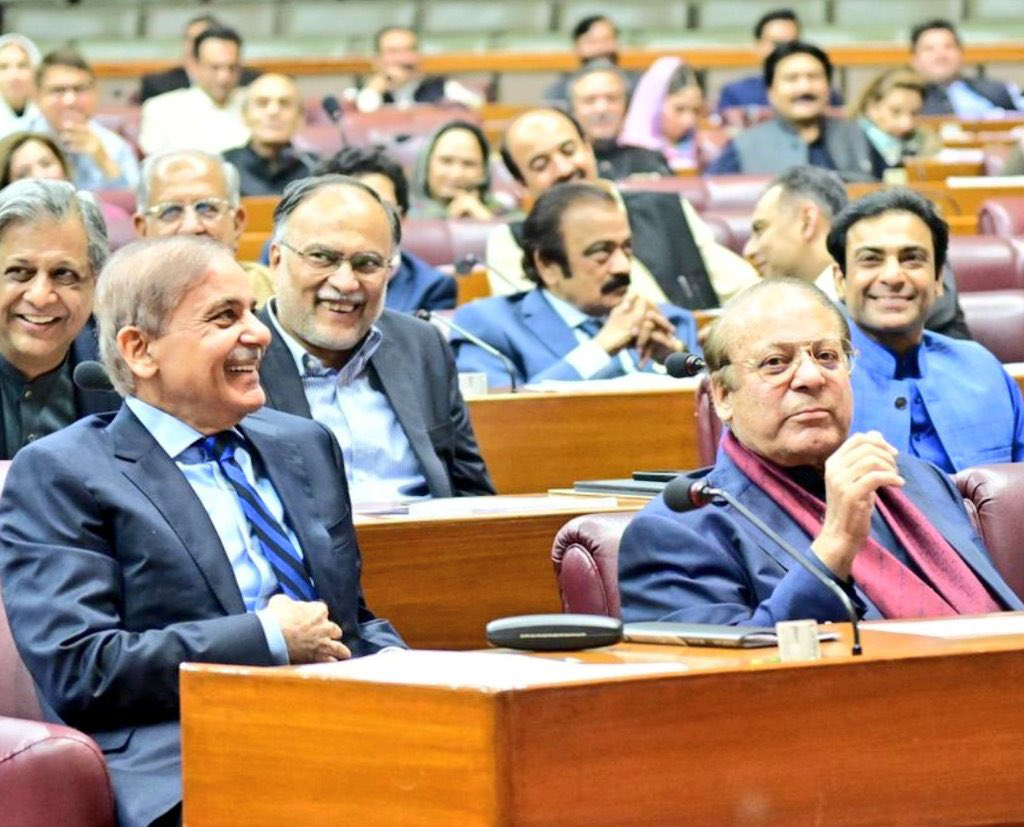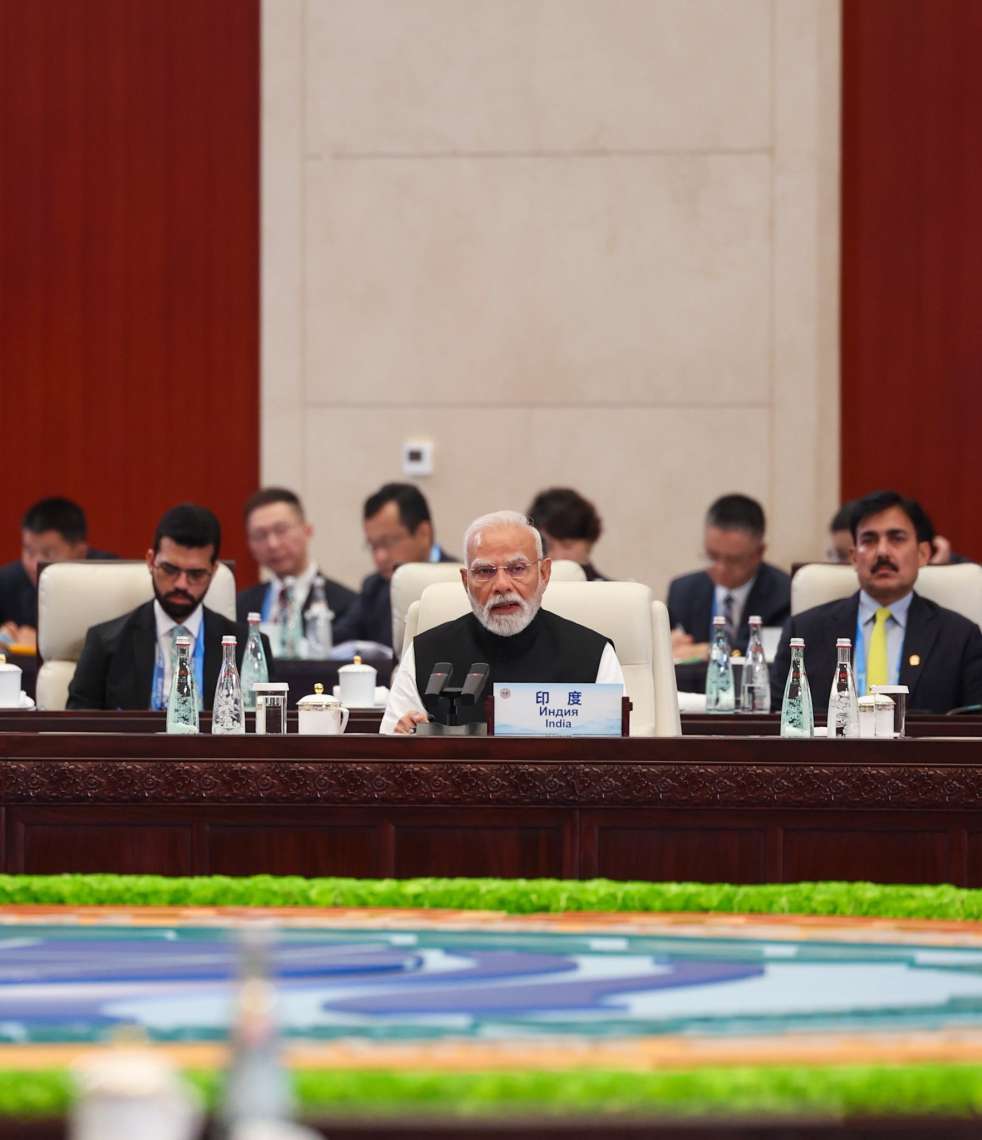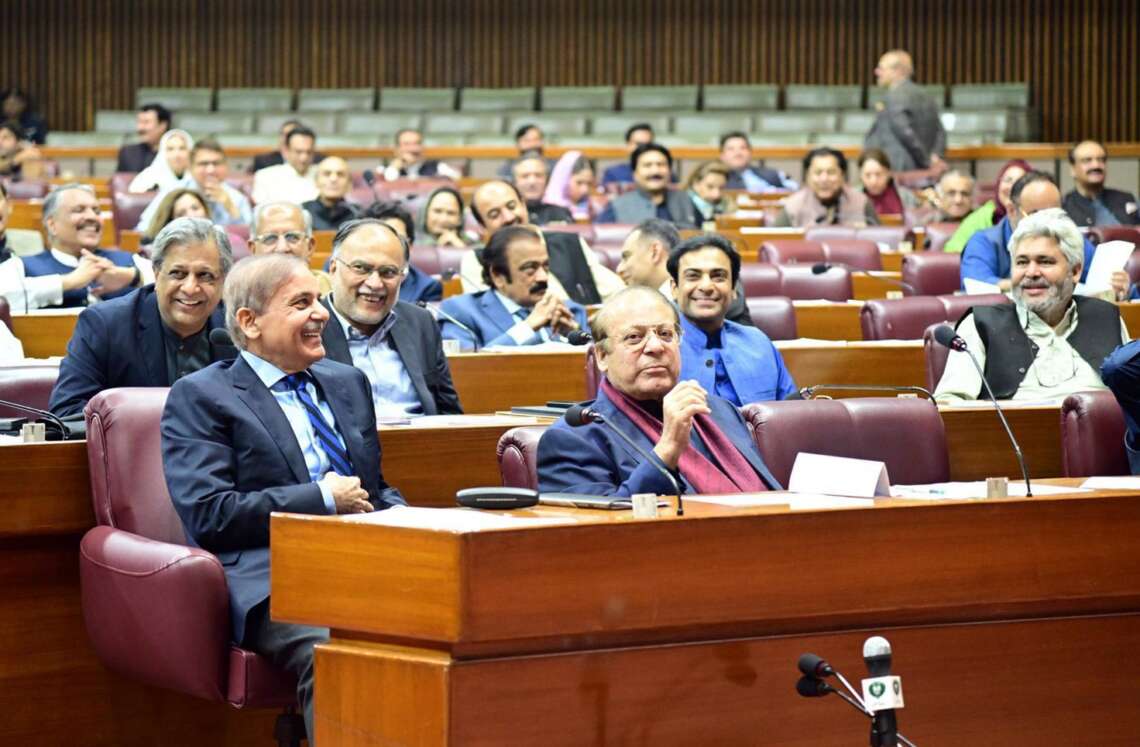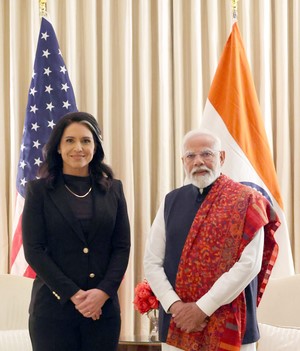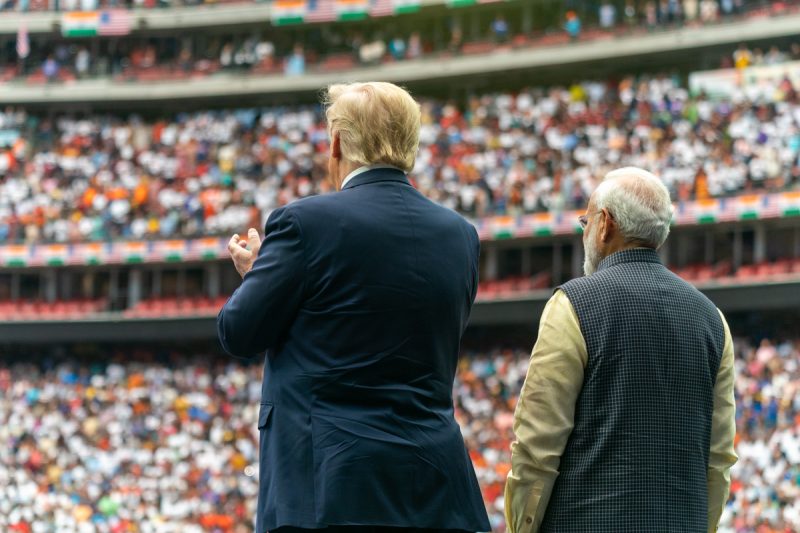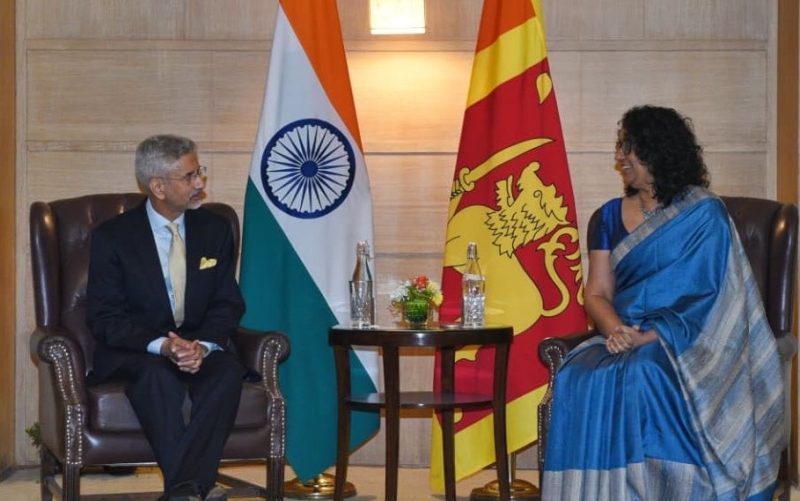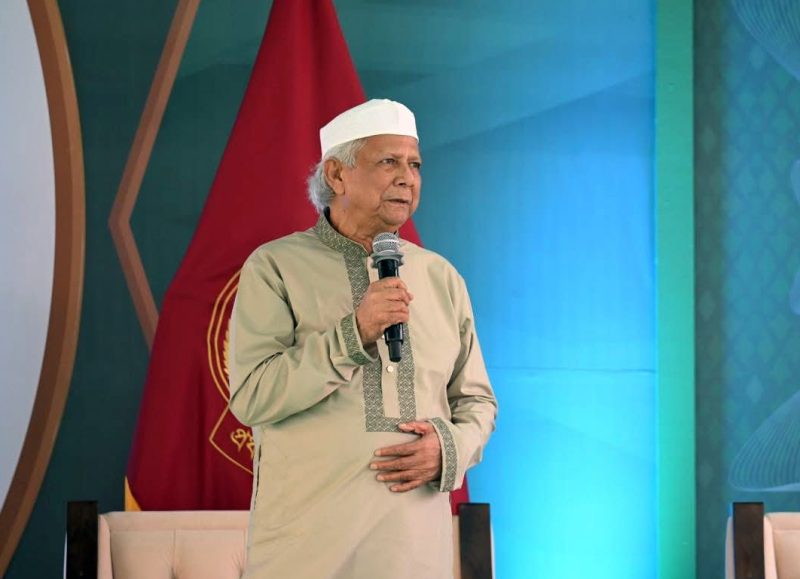In 2023, Pakistan narrowly avoided defaulting on its loans from the International Monetary Fund (IMF). This year, the IMF approved a $7 billion loan to Pakistan under a 37-month program, with $1 billion set for immediate disbursement.
Transparency International’s latest report has ranked Pakistan as one of the most corrupt countries globally, highlighting corruption’s widespread presence in government, the judiciary, and society. The report, released earlier this week, placed Pakistan 135th out of 180 countries on the Corruption Perception Index (CPI) for 2024.
The CPI measures the perceived levels of public sector corruption on a scale from zero (highly corrupt) to 100 (very clean). Pakistan scored only 27 on the index, reflecting a stark rise in corruption within the country.
Several Pakistani analysts have sharply criticized the current government under Prime Minister Shehbaz Sharif, drawing attention to allegations of corruption against the ruling administration. The report noted that the country’s leadership has failed to curb corruption, a problem that plagues all sectors of governance.
The issue of corruption also extends to Pakistan’s former leadership. In 2022, the Election Commission of Pakistan disqualified former Prime Minister Imran Khan from Parliament over corrupt practices, prompting legal action. Two years later, Sharif’s government faces similar accusations of corruption.
In a recent turn of events, a Pakistani court acquitted Shehbaz Sharif and his son, Hamza Shehbaz, of corruption charges in a case dating back eight years. The case, which had been a significant focus of public attention, was dismissed after the complainant withdrew from the matter.
Pakistan’s deepening economic crisis is a major factor contributing to its ongoing corruption issues. As inflation continues to soar, citizens are finding it increasingly difficult to afford essential goods, including healthcare. The country’s economy remains reliant on borrowed funds from international organizations and friendly nations.
In 2023, Pakistan narrowly avoided defaulting on its loans from the International Monetary Fund (IMF). This year, the IMF approved a $7 billion loan to Pakistan under a 37-month program, with $1 billion set for immediate disbursement.
As part of the ongoing financial support, an IMF team recently visited Pakistan to examine the country’s judicial and regulatory systems. The scrutiny is part of the efforts to address governance and corruption vulnerabilities under the $7 billion Extended Fund Facility.
With corruption continuing to be a significant challenge, Pakistan’s efforts to combat it remain a critical issue for both the government and its citizens.


